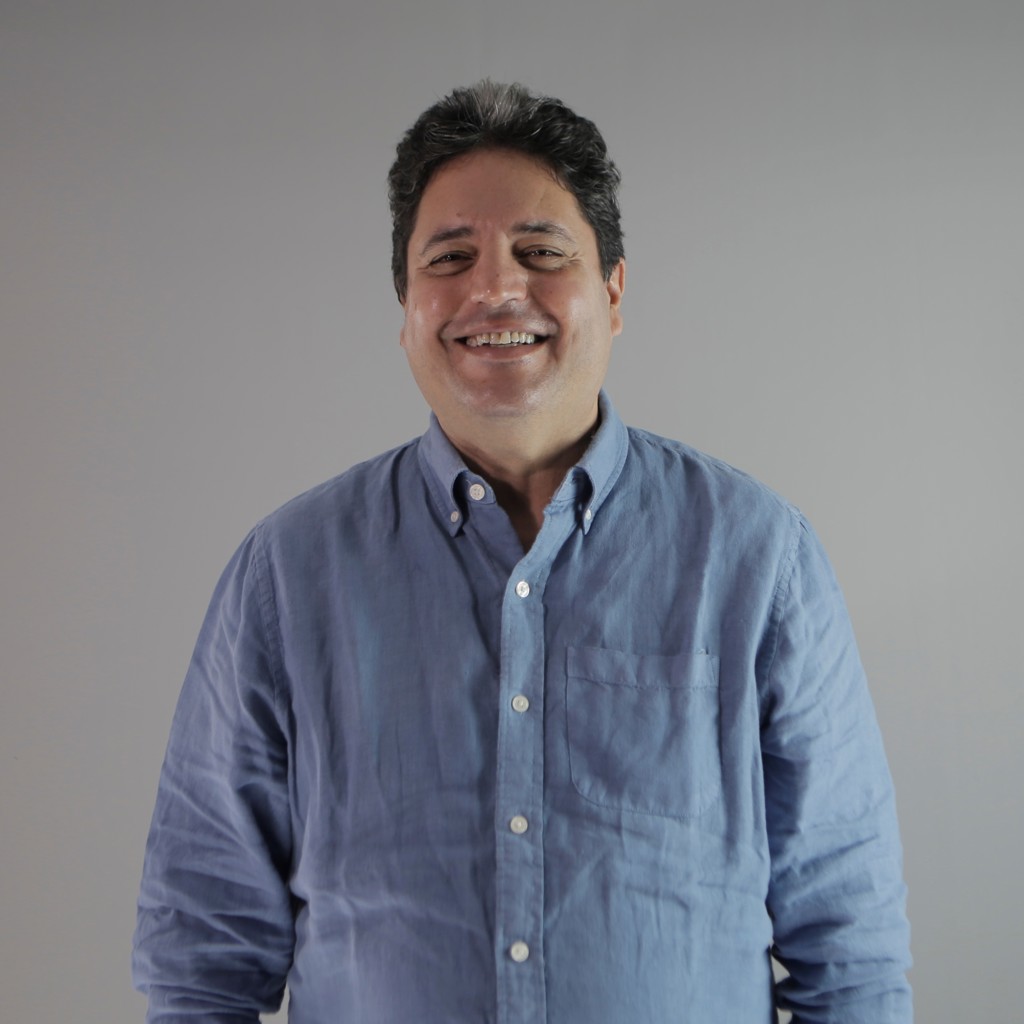Zouheir Sekkat
MAScIR, MoroccoFor pioneering contributions interfacing photochemistry and nonlinear optics, inventing sub-Tg light-induced molecular motion in polymers, as well as promoting optics and photonics in Africa.

Zouheir Sekkat is originally from Morocco, and when he was young there were not many opportunities for experimental work. Instead, he focused on math, saying, “Thinking and solving equations was the most fun thing.” It wasn’t until he moved to Paris, France to pursue his master’s degree at Orsay University that he knew he wanted to pursue science as a career. He remembers the precise moment: he and some other students were mounting a tunable gas laser to irradiate a lamp containing sodium vapor. While tuning the laser, the lamp suddenly fluoresced for a specific laser wavelength, and he began to understand the two-level atom model. He’s been hooked on science ever since. Now, Zouheir strives to bring science to emerging communities, like the one he grew up in – contributing not only to the scientific community, but to society as a whole.
His research today is in nonlinear optics, photochemistry, smart materials, and, more recently, plasmonics. He comments that these are seemingly very different fields, but there is actually significant overlap: “All of them are linked, and my biggest challenge is to bridge those areas…it is fun for me to do that.” One of his most gratifying achievements came from a project where he and a team worked to prepare films for fast modulation of laser light, combining photochemistry and nonlinear optics in a novel concept called “Photo-assisted Poling.” It turned out that the underlying physics was manipulation of polymers mechanics by light. He explains, “we used the potential of one scientific discipline and applied it in another one to create novel things.” The team used a similar approach for the observation of sharp Fano resonances in layered plasmonic structures containing metals and dielectrics. Here too, the underlying physics is coupling of oscillators.
Zouheir’s favorite part of the research process is the thinking stage. He describes his concept of research as “Many, many walls that are opaque, and you have to find out what the hidden stuff is behind these walls, to unlock the truth.” At many different stages of his research, he finds that thinking is a great way to explore the gaps between fields and connect them. His favorite scientists demonstrate the importance of thought. For Zouheir, Isaac Newton is perhaps the best because he invented the math needed to develop his theories. Albert Einstein is another favorite, for his profound and genius thinking.
Zouheir believes that one is born a scientist, and school provides the techniques and specific skills to pursue science as a career. With this idea, he learns things about science from anyone and everyone he meets, and he emphasizes the importance of having a mentor and solid group of colleagues. He says, “It is extremely important to see science and technology through the eyes of others.” Looking back over his career so far, he recalls many turning points and challenges along the way, though none were substantial enough to dissuade him from moving forward. He comments, “On earth, there are always obstacles…the more obstacles you face, the stronger you become.” He encourages young scientists to persevere, be patient, and work hard while remaining focused on their goals.
Throughout his career, Zouheir has moved around the world frequently, and these moves have heavily influenced him scientifically and personally. Growing up in Morocco, he didn’t have much access to advanced science. When he moved to Paris as a young adult, he learned that science could be easy and fun. He then moved to the Max-Planck Institute in Germany, where he learned of a much wider range of potential research opportunities. Later moves to the United States and Japan taught him even more about science and different cultures. Living in so many countries has allowed Zouheir to gain a broad worldview. He says, “Understanding other cultures, other people, other societies, learning how to work with people in their environment is extremely important…What I discovered is that humans are the same everywhere. We are all driven by the same need.”
Photo Credit: Zouheir Sekkat
Profile written by Samantha Hornback
